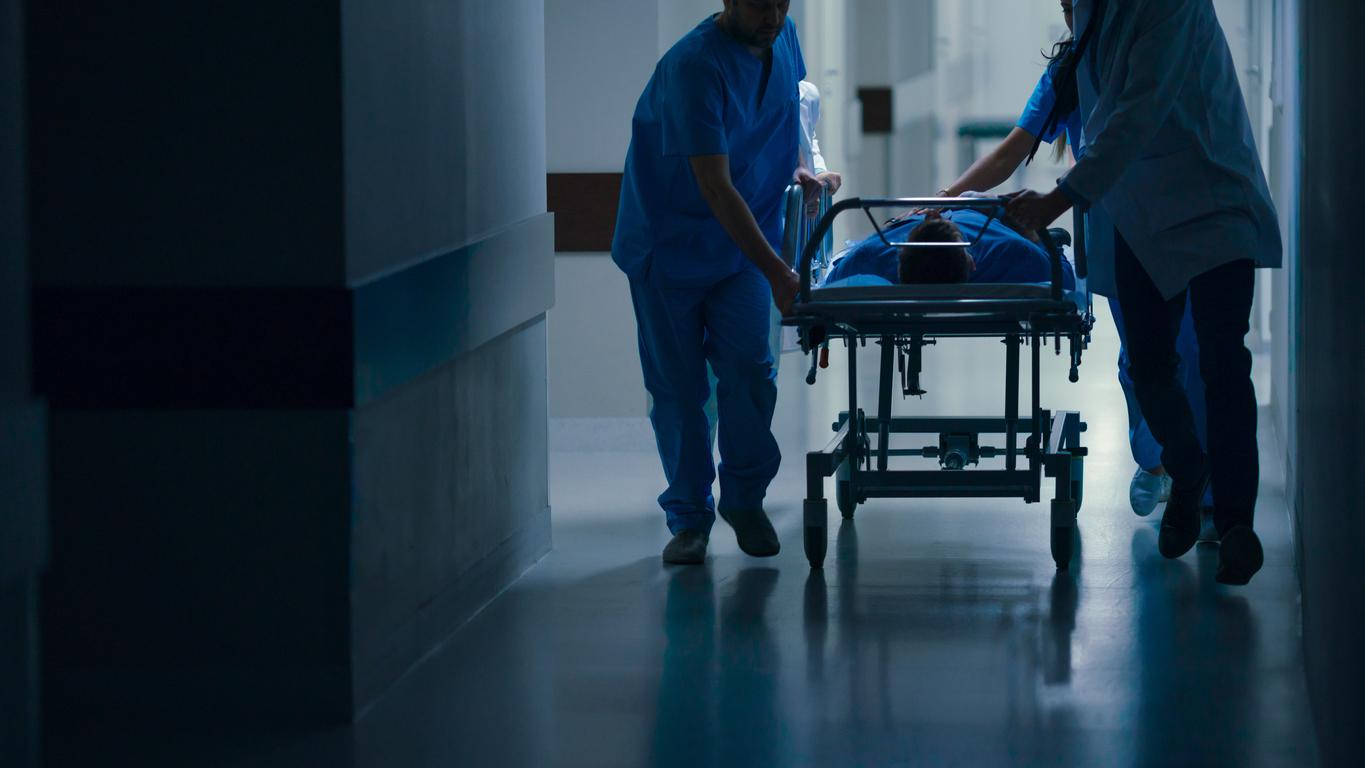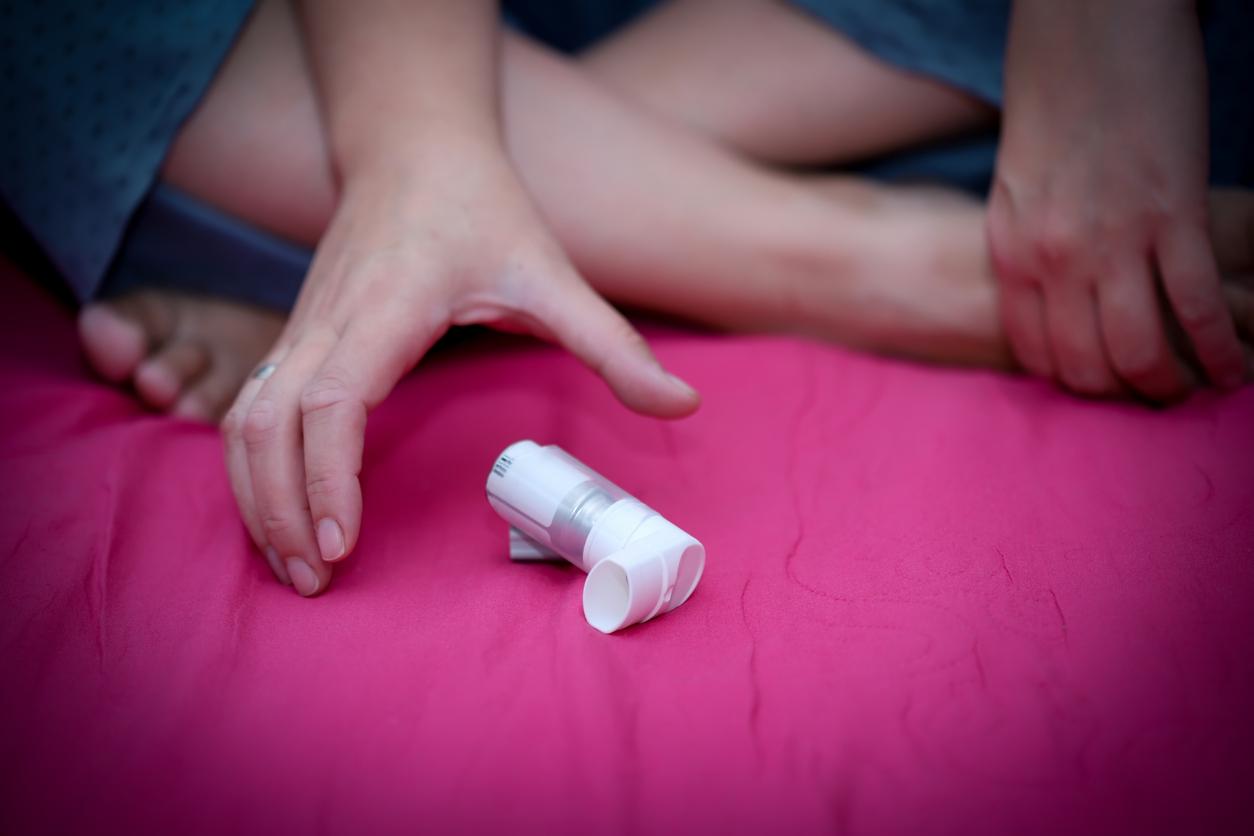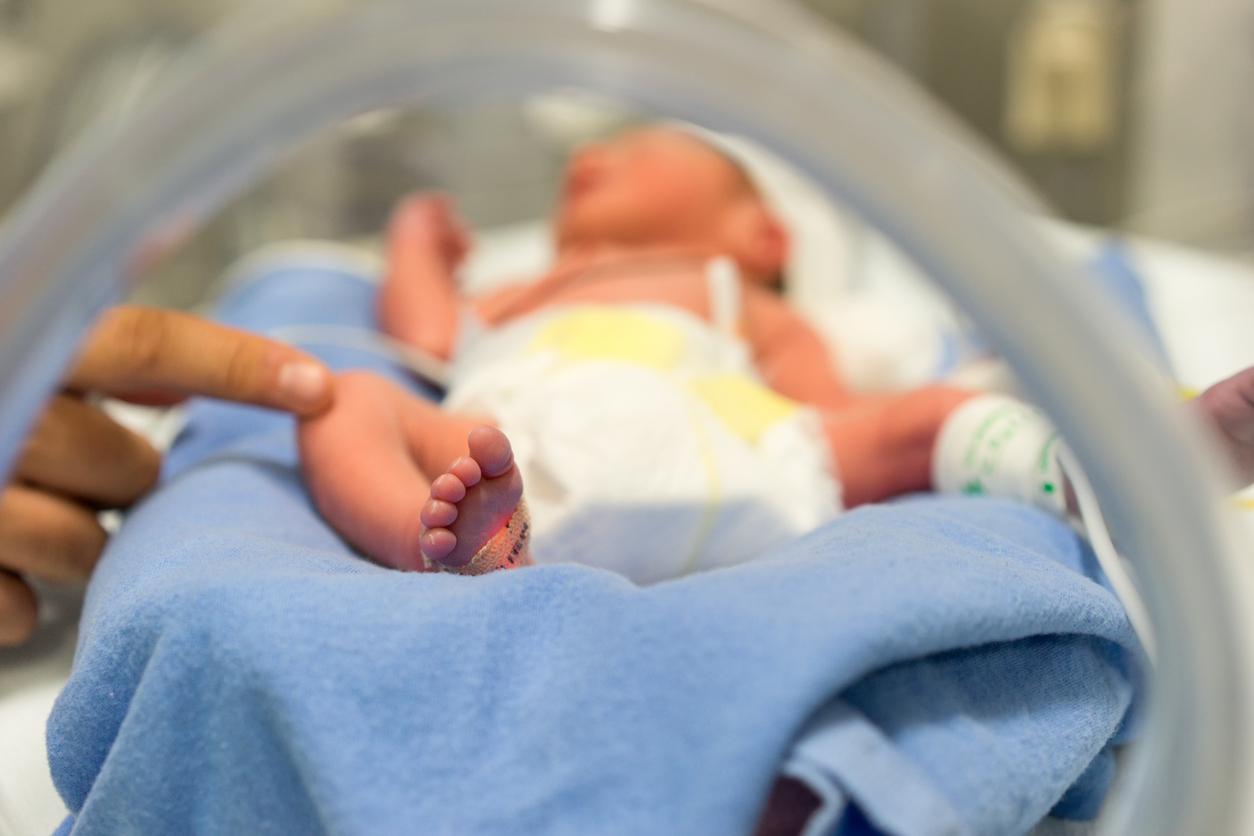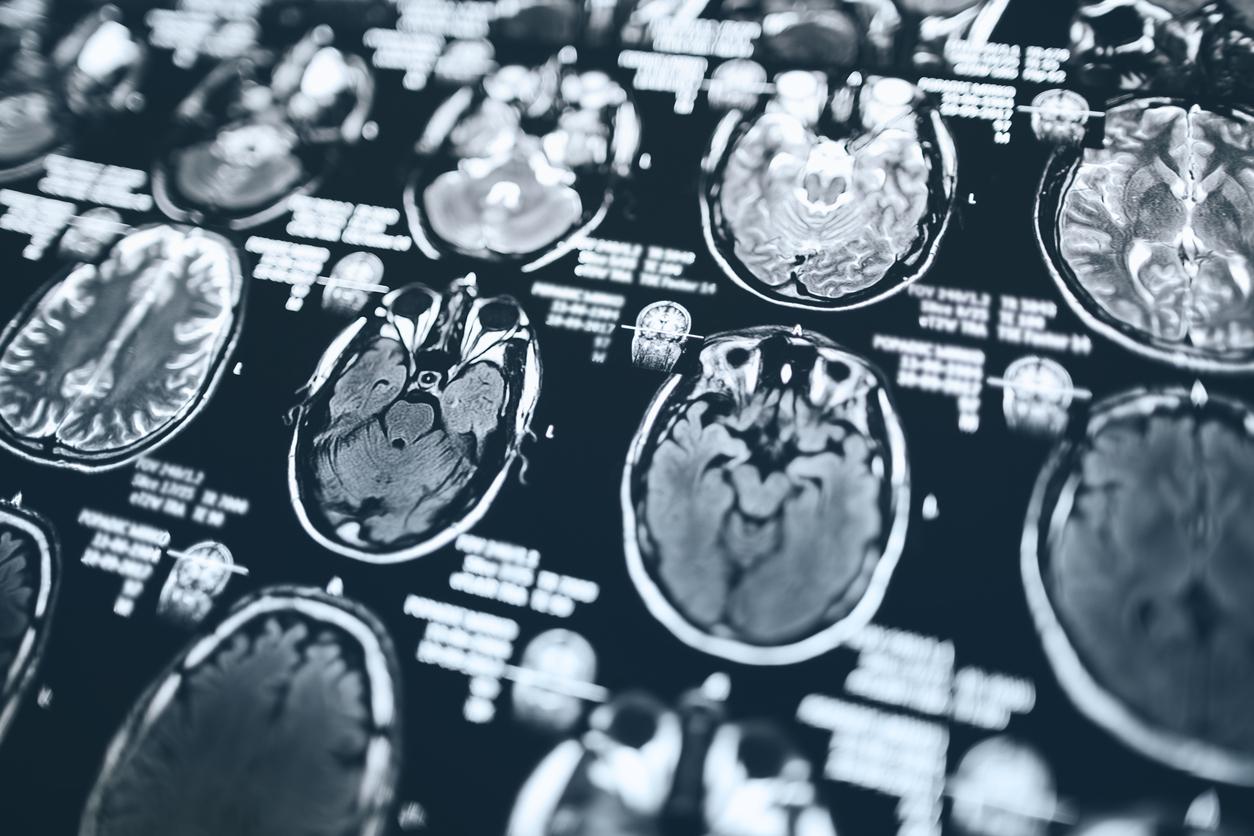
June 22 is National Organ Donation and Transplant Day. This is an opportunity for the Biomedicine Agency to take stock, in particular because the Covid-19 crisis had an influence on the number of organ donations.
The number of transplants has decreased
According to Benoît Averland, deputy director of the Biomedicine Agency, organ donation has decreased by 25% compared to the pre-Covid. This drop was most glaring last year, in 2020. Indeed, all healthcare staff have been forced to focus on patients affected by the coronavirus admitted to hospital or in intensive care. However, with the number of French people vaccinated increasing and the lifting of restrictions, the epidemic appears to be under control. The current objective is to “ this year to find levels of samples, – and therefore transplants – almost identical to those we knew before the crisis », Benoît Averland told France Info. Indeed, despite the context, the most urgent transplants were able to be carried out. Lives have been saved. However, around 15,000 patients are on the waiting list, mainly for kidney, liver, lung or heart transplants.
Organ donation, a still taboo subject
Organ donation has been governed by French law since 1976 and provides that “ we are all potential organ donors when we die “. However, organ harvesting does not take place without ensuring a number of details. First, the medical team consults the national register of refusals. It is on this document that a person must register if they do not wish to donate their organs. If this step was not carried out during the person’s lifetime, then health professionals will seek to obtain this information from the relatives of the future deceased. It is necessary to speak out about organ donation, orally or in writing, so that the family knows what decision to make in the event of death. Moreover, 18% of French people think that the organ donor card is still useful today, while it has not been distributed since 2018, as the Biomedicine Agency reminds us. Note also that the donor’s age is not very important, but the condition of his organs. The Agency would like to point out that “ organ and tissue removal is a surgical procedure performed with the same care as for a living person “. There is also the possibility of making tissue, such as corneas, so that a visually impaired person can recover their sight, or skin to save the lives of severe burns.














